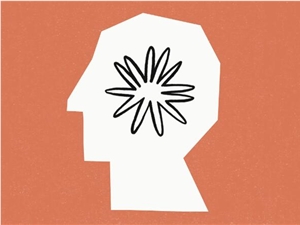Body: As artificial intelligence technology advances, an increasing number of companies and governments are exploring the possibilities of "automated decision-making." However, recent consumer surveys indicate that the majority of American citizens are not convinced. Many feel uneasy about allowing AI to make significant decisions in their lives, a sentiment confirmed in a recent survey by Consumer Reports.

Image source note: The image was generated by AI, provided by the image licensing service Midjourney
The survey shows that over 72% of respondents felt "uncomfortable" with AI scanning their faces and responses during job interviews, with 45% saying they were "very uncomfortable."
In banking, about two-thirds of respondents expressed dissatisfaction with financial institutions using AI to determine their loan eligibility. A similar proportion felt "very uncomfortable" with landlords using AI to decide rental qualifications, with nearly 40% expressing strong discomfort.
Additionally, more than half of the respondents were uneasy about facial recognition surveillance by AI, with about one-third saying they were "very uncomfortable." In medical diagnosis and treatment plans, half of the respondents indicated they were unwilling to involve AI. These figures reflect a general skepticism towards AI decision-making among the public.
More importantly, 83% of respondents want to know the source of the data used to train the decision-making algorithms, and 91% want the ability to correct erroneous data. Given AI's frequent errors, especially in issues of racial discrimination, the public's concerns seem justified.
Despite growing public resentment towards AI decision-making, some companies and governments continue to push forward with the development of this technology. For instance, California Governor Newsom announced partnerships with five AI companies to test AI applications in traffic, public health, housing, and taxation departments. Similarly, New York City's housing department has attempted similar projects, facing protests from residents.
In the private sector, consulting firms like McKinsey and companies like Deutsche Bank fully support this new technology, despite the potential for repeating past racial discrimination practices in financial institutions. Evidently, public opposition has not halted the progress of these companies and governments.
Key Points:
🌐 Most Americans oppose the use of AI in job interviews, banking, and rental decisions.
🤖 83% want to know the data sources used for AI decision-making, 91% want the ability to correct erroneous data.
🏛️ Despite strong opposition, some governments and businesses are actively promoting the application of AI decision-making technology.










